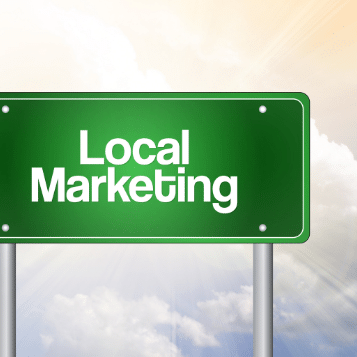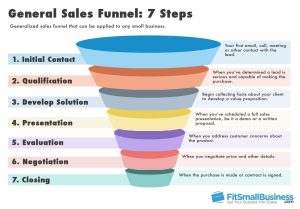
Strategies for Optimizing Your Business for Local SEO
Search Engine Optimization (SEO) is crucial for any business looking to increase its online visibility and attract more customers. However, for businesses with brick-and-mortar locations, it is equally important to optimize their online presence for local searches. Local SEO focuses on improving your website’s visibility in search engine results pages (SERPs) for relevant local searches, making it easier for potential customers in your area to find you. Here are some effective strategies to optimize your business for local SEO:
1. Claim and Optimize Your Google My Business Listing
A Google My Business (GMB) listing is an essential starting point for improving your business’s local SEO. Claim your GMB listing and ensure that all the information provided is accurate, including your address, phone number, opening hours, and website. Use specific and relevant keywords in your business description to help Google understand what your business offers and match it to relevant local searches.
2. Consistency in NAP Citations
Another important element of local SEO is to ensure that your business’s Name, Address, and Phone Number (NAP) are consistent across all online directories, including your website. Inaccurate or inconsistent NAP information can lead to confusion among both search engines and users, negatively impacting your local SEO efforts. Regularly audit and update your business information across various platforms to maintain consistency.
3. Optimize Your Website for Local Keywords
Research local keywords that are relevant to your business and incorporate them naturally within your website’s content. In addition to including local keywords in your website’s meta tags and title tags, create location-specific landing pages or blog posts that target specific areas you serve. This strategy helps emphasize your relevance to local customers and boosts your visibility in local search results.
4. Acquire Local Backlinks
Backlinks from reputable and locally relevant websites can significantly improve your website’s local SEO. Engage in local partnerships, sponsor local events, or create informative content that other local businesses or organizations may find valuable. By proactively fostering relationships and obtaining local backlinks, you can enhance your website’s authority and improve its chances of ranking higher in local search results.
5. Encourage Customer Reviews and Respond Promptly
Online reviews play a vital role in influencing consumer decisions and can directly impact your local SEO. Encourage customers to leave reviews on platforms such as Google, Yelp, and Facebook. Positive reviews not only boost your reputation but also improve your visibility in local search results. Additionally, promptly respond to both positive and negative reviews, demonstrating your commitment to customer satisfaction and engagement.
6. Optimize for Mobile
Given the rise in mobile usage, it’s crucial to ensure your website is mobile-friendly and loads quickly. Mobile optimization is an essential factor in local SEO, as many users search for local businesses while on the go. Ensure your website is responsive, has a user-friendly interface, and loads quickly across different devices. Optimizing your website for mobile not only improves the user experience but also enhances your chances of appearing in local search results.
7. Utilize Local Structured Data Markup
Adding local structured data markup to your website can help search engines understand your business’s location, contact details, and other relevant information. Schema.org is an excellent resource for implementing structured data markup. By including this markup, you can increase the chances of search engines displaying localized information about your business in search results, such as address, phone number, and customer reviews.
8. Leverage Online Directories and Citations
Ensure your business is listed accurately and consistently in online directories and citations, such as Yelp, Yellow Pages, Chamber of Commerce, and local business associations. These platforms provide additional visibility and local signals to search engines, helping improve your local SEO. Provide complete and up-to-date information, including your NAP details and website, in each directory or citation where your business is listed.
9. Create Engaging Local Content
Developing content tailored to your local audience can significantly boost your local SEO efforts. Write blog posts, articles, or guides that focus on topics relevant to your local community or highlight local events, news, or success stories. Sharing relevant and valuable local content not only attracts local visitors to your website but also encourages them to engage with your business, improving your overall online presence.
10. Monitor and Analyze your Local SEO Efforts
Regularly monitor your local SEO performance using tools like Google Analytics and Google Search Console. Keep an eye on important metrics, including local search rankings, organic traffic, and conversion rates. Analyze this data to understand trends, identify areas for improvement, and refine your local SEO strategies accordingly. Continuously adapting and optimizing your local SEO efforts is key to long-term success.
By implementing these strategies, you can optimize your business for local SEO, increasing visibility and attracting more customers within your targeted geographic area. Remember, local SEO is an ongoing process, and staying up-to-date with best practices and regularly evaluating your efforts will help you maintain a competitive edge in the tech niche and the local market.

